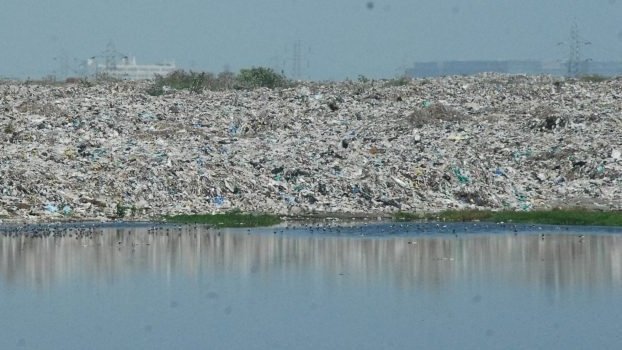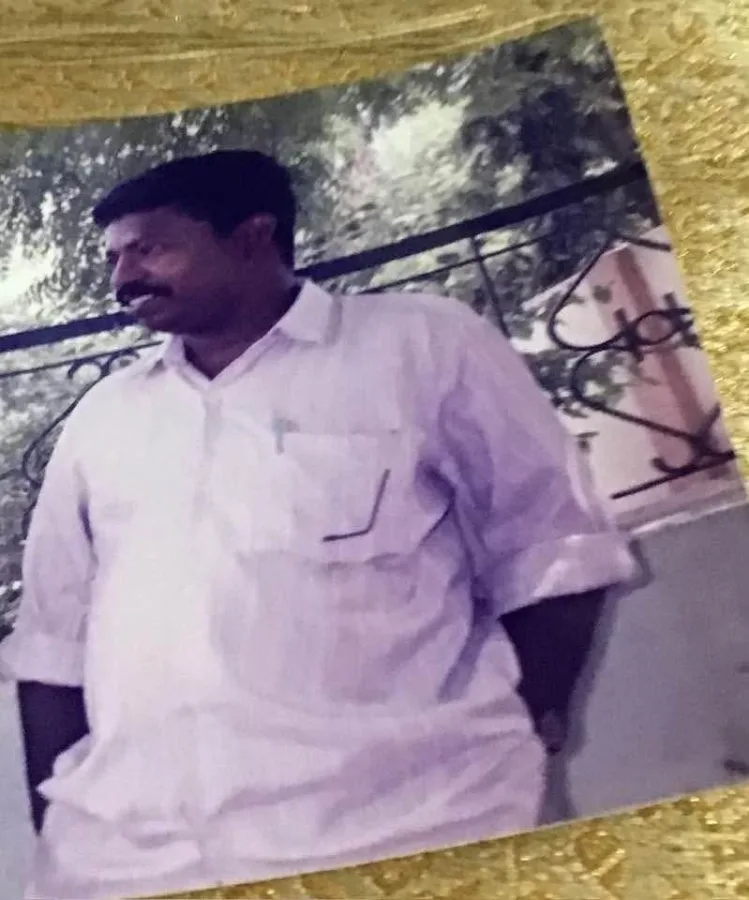Read in : தமிழ்
Earlier this week, three new sites in Tamilnadu were declared wetlands of international importance under the Ramsar convention. The Pallikaranai marshland, Pichavaram mangrove forests and Karikili bird sanctuary near Vedanthangal have been newly listed as protected areas. These sites now join the Kodiyakarai forest in Nagapattinam’s district to gain global recognition.
The Ramsar convention is a global treaty to protect marshlands/ wetlands and improve biological diversity and was signed in the Iranian city of the same name on February 2, 1971. Currently 172 countries including India have ratified the treaty and implement it to protect the vital habitat. The marshlands designated under the convention will get international assistance for integrated action to protect them and to ensure the growth of biological diversity.
Of the three new sites, the Pichavaram mangrove wetlands and Karikili bird reserve still retain their natural features. However, the Pallikaranai marshland on the outskirts of Chennai has been completely destroyed because of urbanisation and pollution. Large areas of the wetlands have been filled and occupied while another section has been used as a landfill for waste generated in Chennai. This has severely polluted the wetlands and the entire marsh ecosystem has been decimated.
It is under these circumstances that the marshland has been accorded special status. However, whether the precious ecosystem will get the protection it desperately needs and its diversity restored remains a serious question. Will the dumping of wastes in Perungudi, which abuts the marshlands, finally end?
The Ramsar convention is a global treaty to protect marshlands/ wetlands and improve biological diversity and was signed in the Iranian city of the same name on February 2, 1971. Currently 172 countries including India have ratified the treaty and implement it to protect the vital habitat
When Chennai became a corporation, the first tax to be levied on residents was for waste collection and disposal. Ironically, the administration which gave importance to taxation has not yet created a separate administrative department to handle the solid waste generated by the exploding city. Waste management now is an add-on to other departments.
Currently Chennai City generates above 5,500 metric tonnes of solid waste daily. This waste is dumped either in the Pallikaranai marsh along Perungudi or at Kodungaiyur in North Chennai. In the absence of a separate department to administer and manage the waste, the dumped materials leach into the soil, contaminating the surroundings, or are blown into the air as they are not covered with sand etc. The dumpyards also lack proper machinery to deal with the truckloads emptied there every day.
Also Read:
TN Green Climate Company: Matching performance with promise
Singara Chennai: the 5 big tasks to get there
Despite the global urgency on waste management and eco-restoration of landfills, the process to separate industrial, medical, chemical and organic waste are in only initial stages. There doesn’t seem to be much progress made in recycling the wastes as well. The process to take back recyclable plastics by companies that manufacture them have not yet been created. Chennai’s Aavin milk company is an exception which is taking back the plastic milk sachets. The government must enact and implement common rules similar to this. More such end-to-end solutions are crucial to reduce the accumulation of wastes at dumpyards.
Given the hazardous impact of such massive landfills on water, soil and air, it is imperative to create laws to ensure that large multi-storied apartment complexes collect and recycle organic wastes in situ. The Greater Chennai Corporation has begun giving serious attention to segregating wastes at the household level. For this area wise awareness campaigns and workshops were conducted last week. These actions are giving hope for waste management.
Laws relating to solid waste management must be strictly implemented. Action must be taken to implement this not just for the public but big corporations as well.
Statistics shows that a few states such as Kerala are very good in implementing solid waste management. The Tamil Nadu government must show vigour to join that list. Boundaries must be properly marked for the marshlands and encroachment must be stopped to revive the biological diversity. The Pallikaranai marshland needs stringent protection and implementation to justify international recognition as an ideal wetland habitat under the Ramsar convention.
Read in : தமிழ்











